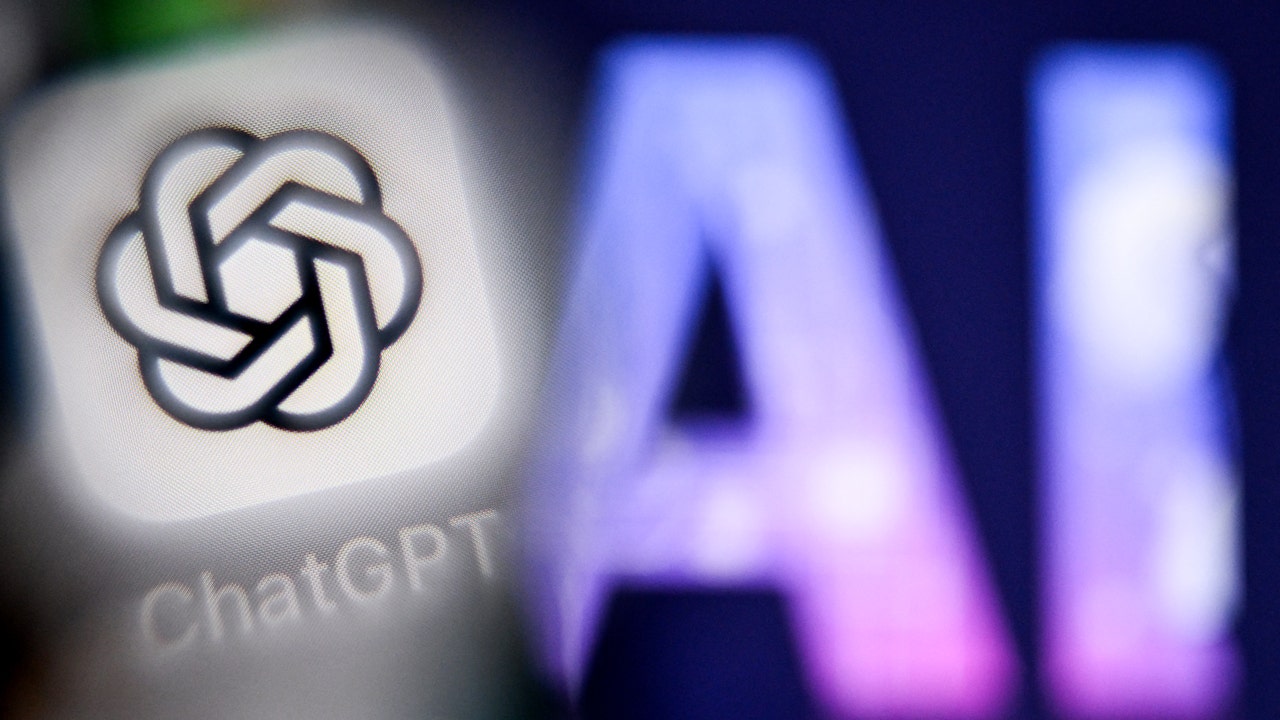Ken Rusk, author of *Blue Collar Cash* and a former construction worker, offers a fresh perspective on the evolving job market amid the rapid rise of artificial intelligence (AI). Many workers today fear that AI could replace their jobs, and while such concerns are understandable, Rusk encourages people to rethink their approach and consider new opportunities that AI is creating rather than destroying.
A recent report, the 2025 Global State of AI at Work, confirms what many have already sensed: AI isn’t just the future; it is very much the present. Companies across industries are actively incorporating AI into their operations, and this transformation is reshaping the workforce. However, instead of panicking about job losses, Rusk suggests that workers—especially those from blue-collar backgrounds—should consider how their skills can align with these changes. Interestingly, nearly 60% of companies say they are hiring for AI-related roles this year, and many of these jobs do not require advanced computer science degrees or deep coding knowledge.
So, what kinds of skills and experiences are employers looking for in this AI-driven world? According to Rusk, they want real people with real-world experience—individuals who can think critically, solve problems effectively, and communicate clearly. These are traits that many workers already possess, especially those who have built careers in hands-on, practical fields. This shift means that AI-related roles are not limited to highly technical experts; there is a growing demand for people who can bridge the gap between technology and business needs.
Rusk breaks down some of the most promising and well-paying AI roles currently available, highlighting opportunities that anyone with the right mindset can pursue.
One of the highest-paying roles falls under what he calls "AI whisperers." These professionals earn between $175,000 and $250,000 or more annually. Their job is to craft the right prompts to get AI tools like ChatGPT to produce accurate, useful, and insightful responses. This role requires excellent communication skills, logical thinking, and problem-solving abilities. Interestingly, people with backgrounds in English, writing, and marketing often transition successfully into this position without needing to learn coding.
Another growing role, with salaries ranging from $90,000 to $150,000, is that of AI trainers. These individuals help chatbots and other AI systems sound polite, helpful, and accurate by scoring responses and fine-tuning the AI’s tone and knowledge base. This role is well-suited for detail-oriented workers and can often be done part-time or remotely, making it accessible to a broad range of job seekers.
For those who enjoy technical challenges and coding, there are roles in AI development that pay between $150,000 and $210,000. These positions involve building the underlying algorithms and systems that power AI tools. Demand for such technical expertise remains extremely high, and the compensation reflects that.
If you don’t have a technical background but are interested in leadership and strategy, consider the role of AI product managers. These individuals, earning between $140,000 and $200,000, serve as the vital link between engineering teams and business units. They ensure that AI projects align with company goals, stay on schedule, and deliver tangible results. Strong communication skills, curiosity, and business acumen are essential for success in this role.
Freelancers and small-business owners can also capitalize on the AI wave by becoming consultants who help companies integrate AI into their workflows. These consultants typically earn between $125,000 and $185,000 and assist businesses in building automations, training employees, and deploying AI tools like ChatGPT, Jasper, or Midjourney. This role offers flexibility and the chance to leverage existing expertise in new, innovative ways.
For those feeling uncertain about how to start or pivot into AI-related work, Rusk offers encouragement and support. Whether you want to become a prompt engineer, an AI consultant, or simply learn to use AI to enhance your current job, he is ready to help map out a personalized career path. His message is clear: the future is wide open, and workers have the power to shape their destinies by embracing AI rather than fearing it.
Rusk’s insights come at a time when blue-collar jobs are also experiencing a resurgence, especially during the Trump administration, which saw a surge in construction and other trades. This resurgence highlights the ongoing importance of hands-on skills and real-world experience, even as AI transforms the workplace. Blue-collar workers bring critical thinking, problem-solving, and communication

